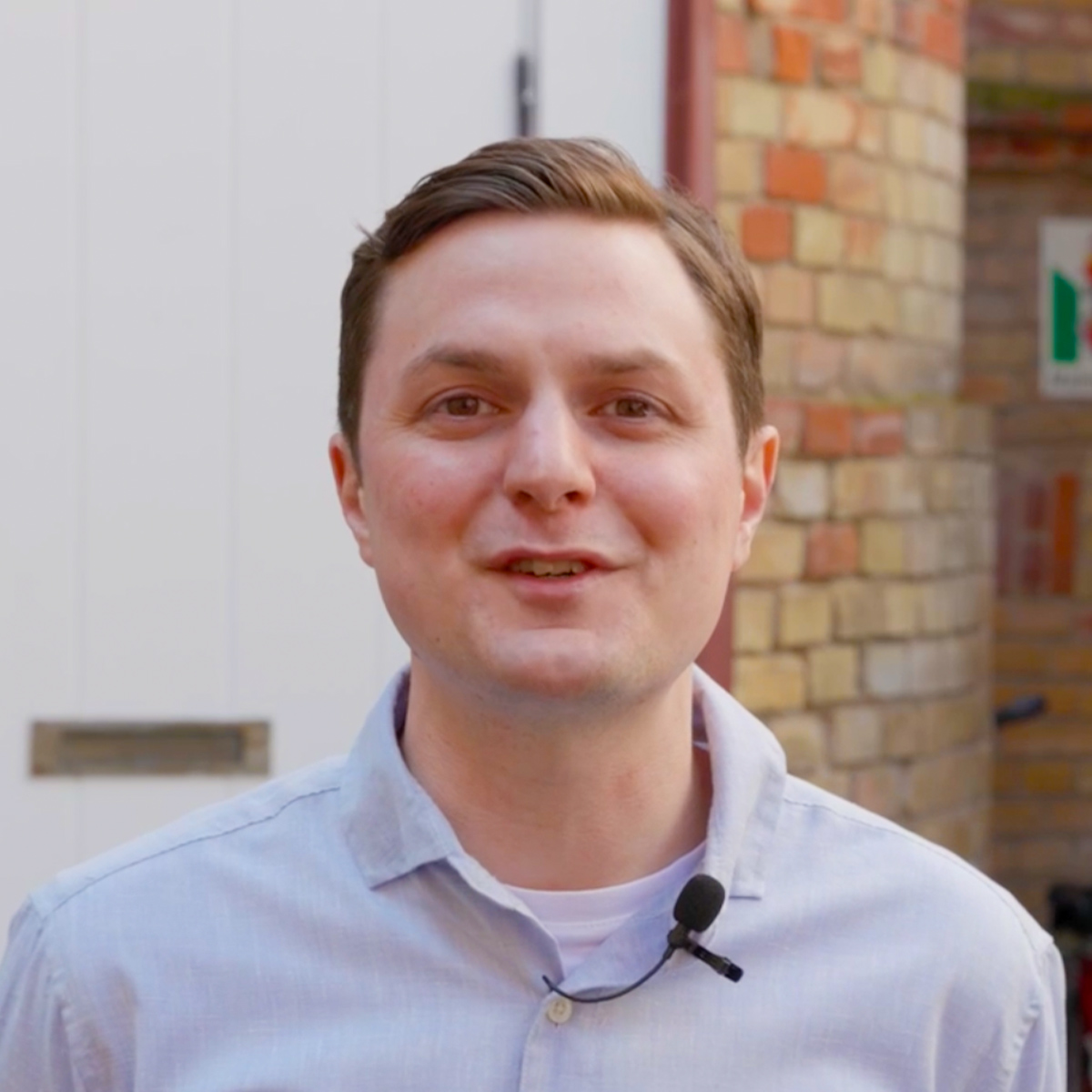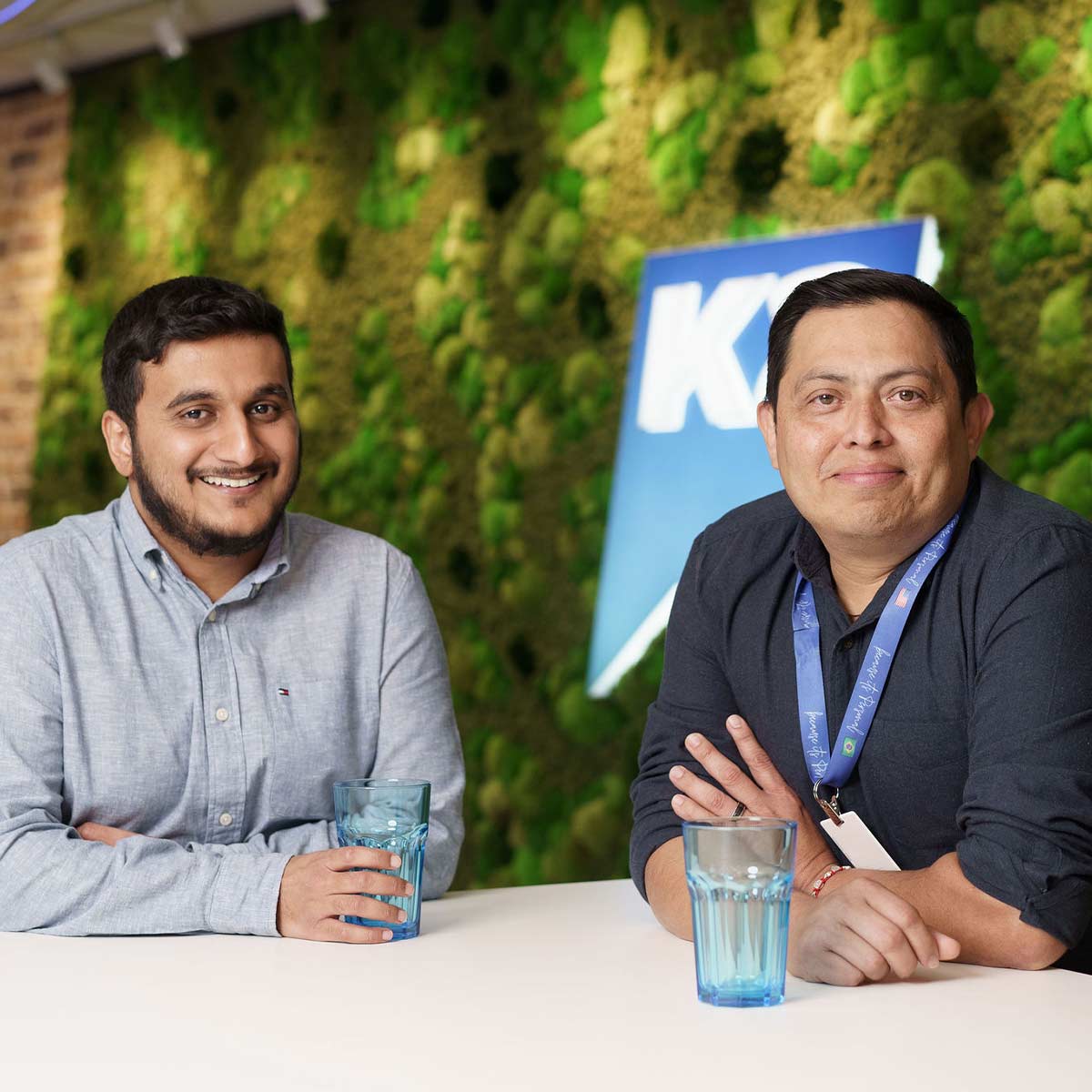
Riza Molo
Riza is a dedicated and experienced Immigration Consultant with a robust understanding of Swedish immigration laws and processes, as well as expertise in navigating immigration procedures across various EU countries and Brazil.

Patrik Tostemar
Patrik has over a decade of experience within the Global Mobility, now based in Europe, he spent 8 years living & working in China. During this time working at both the Swedish and Icelandic Embassies in Beijing, developing in-depth Scandinavian immigration expertise.
Codes, Categories and K2 Services
On Tuesday 21st May, Patrik Tostemar and Riza Molo, members of K2’s Global Immigration Team based in the Malmö Office, hosted a webinar taking attendees through the recent changes and updates within Swedish immigration, specifically looking at the new model for processing work permit applications.
Throughout the course of the webinar, Patrik and Riza offered an overview of the new model, as well as covering SSYK codes and categories, and SNI codes, alongside highlighting the increased importance of compliance, and delivering breaking news around the introduction of a new electronic passport verification option for some applicants.
The new model for prioritised processing was implemented in January 2024, and is a replacement model for the Certified Sponsorship – or fast-track – model.
With the Certified Sponsorship model that was in place previously, companies which were certified could expect work permit applications to be processed within 10 days. As time passed, however, more companies became fast-track certified, which caused a major lag in processing times.
Riza comments:
“Whilst the fast-track model was once something exclusive, as more and more businesses saw the benefit and jumped on board, processing times became slower and slower, eventually taking 1 – 3 months for every application.”
The new model aims to prioritise highly qualified employees.
Riza explains:
“Now, with the new model, applications are reviewed based on the applicant and not the company. Yes, it is stricter, but if you are compliant, and if the application is well-prepared, we are seeing much faster processing times.”

Below is an overview of the SSYK codes and corresponding categories, of the SNI codes, and of the additional requirements required to ensure that businesses are compliant:
SSYK Codes
SSYK codes dictate how fast the work permit application is processed. Each job title or occupation is classified into groups: each of these have an assigned code. Because the SSYK Code reflects the Swedish occupational structure, the Swedish Migration Agency has set it as the benchmark for who is prioritised.
Occupational classification code will determine the estimated process time
=
Higher number Longer processing time Not possible to choose freely
1. Managerial roles
2. Occupations demanding in-depth university competence
3. Occupations requiring higher education qualifications or equivalent
4. Administration and customer service clerks
5. Service, care and shop sales workers
6. Agricultural, horticultural, forestry and fishery workers
7. Building and manufacturing workers
8. Mechanical manufacturing and transport workers, etc
The Four Categories
The SSYK Codes are divided into four categories: Highly Qualified Occupations, Special Rule Occupations, Non-Highly Qualified Positions, and Industries Requiring Investigation. Each of these categories has a different anticipated processing timeline, as outlined in the table below.
A: Highly Qualified Occupations – 30 working days
|
B: Special Rule Occupations – 3 months
|
C: Non-Highly Qualified Positions – 4 months
|
D: Industries Requiring Investigation – 4 months or more Industries as particularly needing thorough investigation during the permit process such as:
|
SNI Codes
SNI Codes are another important factor which needs to be taken into consideration to fully understand what processing time we can expect for a work permit application in Sweden. SNI Codes are used to classify Swedish companies according to the type of activities they carry out.
The Swedish Standard Industrial Classification used to classify employers according to the activity carried out, will determine processing time together with the SSYK-code
SNI-code corresponding to a risk industry will place the application in category D
Cleaning
(81290, 81210)
Construction
(41200, 421, 42990, 43)
Personal assistance
(88101, 88102)
Hotels and restaurants
(55101, 56)
Service
(9602, 9604, 9609)
Staffing
(782)
Automobile repair
(452)
Agriculture and forestry
(0113, 012, 02102)
Trade
(471-478)
Patrik explains:
“Since these codes classify businesses by relevant industry sector, they allow the Migration Agency to identify certain applications as being particularly demanding: for example, those that would see the applicant, if successful, being employed in an industry which is regarded as high risk by the authorities. These codes are subject to change, depending on Swedish labour market needs and other factors.”

Compliance & Additional Updates
Compliance has become even more important with the Migration Agency’s implementation of multiple increasingly strict requirements and controls.
Patrik took attendees through some of the requirements that businesses need to be aware of, including rules around notification of change of position or employer, requirements for recruitment advertising, when and how to sign employment contracts, and optimum timings for employee entry into Sweden.
It was also highlighted that the Swedish salary requirement has recently been increased and is expected to be increased further within the next year. If an application is submitted with an insufficient salary level, the Migration Agency or Labour Union will flag this and give the employer an opportunity to increase the salary and meet the required threshold.
Before closing, Patrik went through some general updates and shared details of the electronic passport verification option that is now being offered to applicants from 23 different countries, meaning that they are no longer required to travel to a Swedish Embassy.
A final comment from Patrik:
“We understand that it can sometimes be hard to keep up with all the requirements from different authorities when employing new colleagues from outside of the EU. K2, and our team of Immigration Consultants, are on hand to help businesses navigate the ever-changing landscape of work permit requirements – ensuring compliance and minimising risk. Our highly experienced team are capable of assisting with even the most complex of cases, and offer a ‘one point of contact’ solution for your employee, giving them more time to focus on their relocation, their new job, and getting settled into Sweden.”



